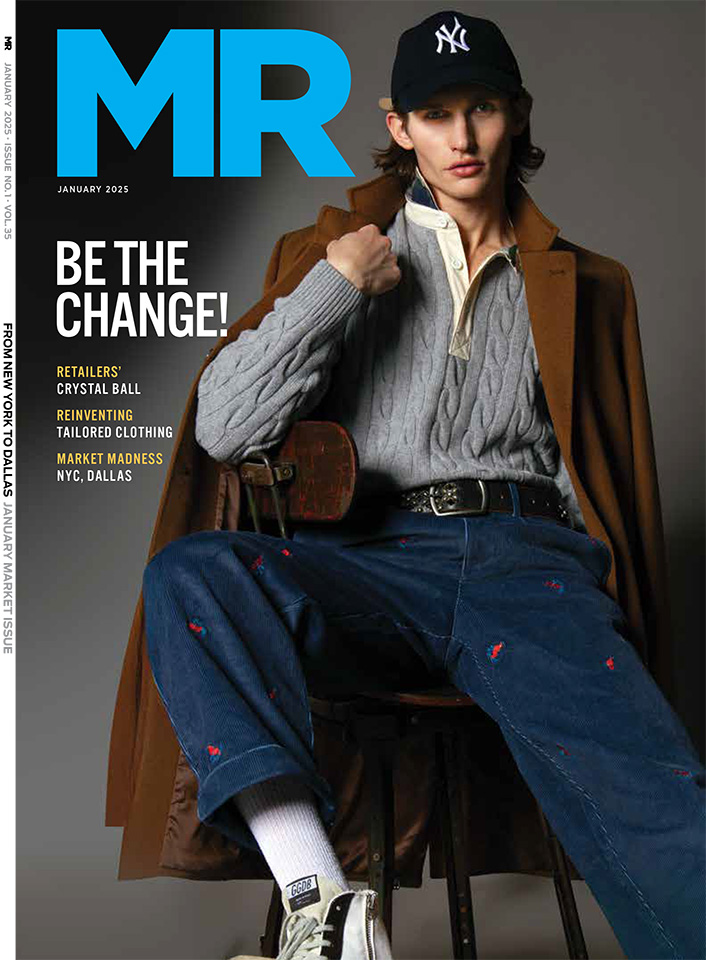BANANA REPUBLIC INTRODUCES ‘BETTER REPUBLIC’ SUSTAINABILITY PROGRAM


Banana Republic has introduced “Better Republic” – the company’s new sustainability goal program and commitment to do better for people and the planet. The “Better Republic” concept launches alongside the brand’s April marketing creative, created by Banana Republic creative director Len Peltier.
The retailer’s sustainable efforts include the use of recycled fabrics like nylon, polyester, cotton and wool; man-made cellulosics sourced from suppliers that are Canopy compliant like Tencel Lyocell, Modal, Lenzing Ecovero Viscose; and denim crafted via water savings initiatives like the men’s Dry Indigo Traveler collection – made using foam dye techniques using 99 percent less water and 89 percent less chemicals compared to traditional dying methods – and Washwell denim program for women and men.
“In these uncertain times, and as members of this global community, it is more clear than ever that we are all connected and we have a shared responsibility to protect each other,” said Mary Alderete, chief marketing officer at Banana Republic. “Since we all share this planet and its resources, Banana Republic also remains committed to our sustainability goals that reduce our impact on the planet.”

“Better Republic is our commitment to goals that evaluate every touchpoint across our supply chain to ensure sustainable practices in developing products that are better for people and the planet,” continued Alderete. “From supporting our factory employees to innovations in manufacturing and responsible fabrics, we are committed to doing better every day.”
And, as a brand founded by selling upcycled surplus product, Banana Republic brings history full circle with its new partnership with Thrilling – an online platform that sources vintage clothing from local small businesses.
Alderete added: “With our clothing rental program, Style Passport, and a new vintage resale partnership with Thrilling, we are creating a better path for customers to make informed, responsible decisions to live and shop more sustainably.”



